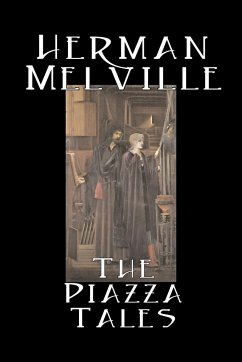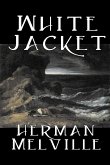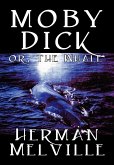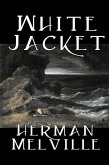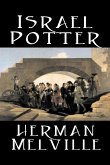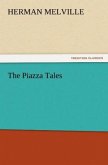Except for the title story, "The Piazza," all of the stories had appeared in Putnam's Monthly, the first being Bartleby, the Scrivener in 1853. Melville had originally intended to entitle the volume Benito Cereno and Other Sketches, but it was The Encantadas, his sketches of the Galápagos Islands, that garnered the most attention from critics. Included in this collection are six tales that range considerably -- from "The Encantadas" (an allegorical travelogue) to the haunting "Bartleby, the Scrivener." Opening the volume is "The Piazza," a pastoral sketch that frames the collection. "Benito Cerenno" -- a subversive satire -- it grows out of a true story of mutiny among the enslaved . . .

